While Mario is a household name, there are three others that share a similar amount of spotlight, to the point that anyone who knows enough about video games to know more than Mario's face knows about them, too. I'm talking about Luigi, Peach and Bowser, and while one of those may not be as heroic as the rest, that's the collective noun Super Paper Mario goes with, and he does enough of his best to earn it. These are probably Nintendo's most valuable assets- and while Super Mario is intentionally flexible enough that Nintendo's willing to share them around, that doesn't mean they don't have some basics to adhere to. And Paper Mario is... somewhat interesting in its relationship with them. It's interesting to ask oneself why exactly Intelligent Systems grapples with an official mandate limiting their story prowess while thinking of how they used the Four Big Ones.
Starting with the one whose problem isn't even necessarily on Paper Mario! Back in the naughties, it wasn't easy being green, and nobody was more tangible proof of that than The Man In Green himself. Luigi was a walking punchline, the joke being "where's Mario when you need him?", and his competence was equally lacking. Despite being the eternal Player 2, he doesn't even rate his own artwork for 64 and TTYD- not that his roles in those games were worth writing home about to begin with. He's a recurring NPC with his own map in 64, and while he does have his own story to join Peach and Bowser's in TTYD, it proudly declares upfront that it doesn't have internal logic it hopes you'll enjoy following, openly bores Mario, and may not even be factual. Exactly what Luigi did in the Waffle Kingdom is none of our concern and yet Luigi's out-of-universe fans love it all the same because it's Luigi's, and Mario cannot take that away.
In some regards, Super Paper Mario is indeed as big a break for Luigi as it claimed to be. In addition to making him playable for the first time in the SMRPG -> Paper Mario games, it also explored the hidden grudge on Mario Luigi bore in that era, something echoed by Super Smash Bros. Brawl (in Luigi's Negative Zone Final Smash). This was a game to see Luigi yearning to be in the top spot, and indeed, his brave, failed bid for heroics in the opening act had the Chaos Heart mark him as the most important mover in the prophecy. However, for fans of Luigi himself and not Mr. L, Super doesn't do much. Luigi's clumsiness, and how doggedly he'll press on in spite of that to be the hero that his brother always manages to be, is just as much played for laughs as it was in TTYD, and when he's in the party, he doesn't get to do much, having joined so late there isn't that much for him to even say. His role as important in the prophecy is even stolen from him by Dimentio, who realises that Luigi didn't need to have agency to satisfy the Prognosticus's prediction. Again, Luigi is left in the dust.
On the other side of the battlefield, we have the Koopa King Bowser. Where Luigi is famous for being unreliable, Bowser is famous for having almost the opposite problem- too damn good at his job. Bowser flies by the Mushroom Kingdom, and chaos reigns at his feet so reliably you could set a watch to it. And yet, the fact that he's always beaten in the end means that being a fan of Bowser takes the same mindset as being a fan of Luigi: You find value in his persistence, and nobility in how he tries to better himself, to make the next try that just bit more successful. Paper Mario, for its part, struggles with Bowser for its own reasons: It doesn't really want to keep up the effort.
Bowser appears as the villain of 64, and as a story-driven game in a time period where there were few of these, it was a bit of a trailblazer in regards to getting the ball rolling on looking at Bowser as a loser. He was brutally effective in that opening act, yeah, but that's because he raised the stakes so high that he almost sealed his own fate on the way down. Mario won in spite of Bowser possessing a literal wish-granting item that he used liberally. How can one take Bowser seriously anymore? The answer is, of course, you don't. Bowser was excised from the plot of TTYD so thoroughly when the far more competent X-Naut Army was brought in that one could argue the only reason he's still in the game is by executive mandate- that's how extraneous his appearances are, and how incongruent his roles in the story fit in with how the other characters act before and afterwards. Things like Glitzville, Twilight Town exploding and curb-stomping Rawk Hawk make the story make more sense when they are removed from the plot entirely, and Bowser's only meaningful contribution to the story is done by complete accident- like Luigi, he is important to the final confrontation, but not as a result of his own agency.
Super... well, Super chose to be a game where Bowser joins up with Mario, like Super Mario RPG before it or Inside Story after it. Bowser's more heroic side, where he will stand against actual destruction for the cause of continuing his cartoonish supervillainy, doesn't follow the same rules as his dogged pursuit of said supervillainy. Bowser as a character the audience is meant to support is brusque, rude, but effective. Remember, he's bad at keeping his iron clawed grip- he's amazing at taking it in the first place. Super is arguably a good game to be Bowser in, and not just because of how thoroughly he breaks the game. In fact, that may actually show how his role in Super is problematic. It's not that Bowser is bad- it's that the audience likes him because they don't like the things Bowser is insulting either. In a good story, a likable character who insults the situations they find themselves is liked in spite of their attitude, and the story often makes them beloved by showing how, deep down, they do actually care about doing good- they just wish they didn't have to sit through all the cutscenes. Bowser is complaining about having to listen to a soap opera, and he doesn't necessarily support the happy ending Timpani and Blumiere are trying to find- he just wants something to happen so the Mushroom Kingdom can stay not-destroyed and he can go home. People love playing as him because they don't want to deal with the game on its terms. Bowser isn't making the game better- he's pointing out how the game is bad and letting the player vent their frustration through laughter. That's not a solution, that's a band-aid fix. And Sticker Star found that out the hard way when they don't lean on it anymore.
And then we get to Mario. Noble, brave, unimpeachable Mario. It's so near impossible to screw him up that you can slap his face on just about anything- even Max Headroom only came out baffling rather than catastrophic. Mario is supposed to be a blank slate for just this reason- as he got bigger and bigger, the fact simply became "he can handle anything you throw at him because he's seen so much that you just can't faze him". However, there's a few things about Mario that are supposed to follow him wherever he goes- back in '93, those were his bravery, curiousness, resourcefulness, tolerance and loyalty. The details have probably shifted since then, but Paper Mario kinda raises a few questions on the subject.
First of all, Mario's biggest flaw as a human being is that he does tend to go for Peach first above all else. His motivation is tied to saving that one damsel in distress, and if she's not currently in trouble, then he'll work on other matters. This is a pattern that exists outside Paper Mario, but very few games have the courage to actually call him on it, usually making sure that Peach is either safe or captured by the source of the problems to deny Mario the moral quandary. And while Paper Mario is no exception, it comes closest of all to really hammering this home. Between both 64 and TTYD openly acknowledging Mario is incentivised more by saving Peach than undoing the harms their villains imposed as well as the series having the most examples in the franchise of Mario being allowed to say "no" to things and be a general prick, Paper Mario is the place to go if you want to feel like a villain playing as Mario. It gets worse with his treatment of Luigi and a few miscellaneous characters (namely Peeka and anyone with a long story), where he makes the jerkish call no matter what choices you make. This sort of behaviour is part and parcel of being a JRPG hero- or at least, that's how it's portrayed by all the parodies and jokes- but it's uncharacteristic of Mario, and the Mario & Luigi games usually manage to get by with far fewer instances of giving the player the option to make Mario be mean, and especially toned down the instances of him bullying his brother. While Luigi is still a walking punchline in the pre-Dream Team games, it is other characters bullying him and Mario is his most vocal supporter. Mario & Luigi proves you can be a Mario RPG without forcing a few of the weirder RPG quirks onto Mario, and as much as he's an elastic character, it's jarring when Paper Mario is like this.
In the aftermath of the original Paper Mario trilogy, Nintendo has made some changes with their portrayals of Luigi, Bowser and Mario, and they are stronger characters for it. Perhaps Paper Mario can be forgiven for not adapting these more modern outlooks, but at the same time, it can be argued that Paper Mario was the same game to set these issues in motion. Before Paper Mario, Mario didn't really have much in the way of in-game lore and character-building, and outside of the original Super Mario RPG, this was the first real chance for characterisations of the three to sink in. The years of abuse these characters suffered before being rebuilt had to start somewhere, and well... it does kinda look unfortunately like this is where. I imagine it's hard for Nintendo to be too pleased with these older portrayals, and wants to focus on their stronger versions.
You didn't think I forgot to mention Peach, did you? Peach is the core member of the Mario cast I had the most positive things to say about across the trilogy, and if the other three have been improved with time, surely that's good news for Peach!
...Yeah, uh... things haven't been so hot for Peach in Mario & Luigi. Paper Mario is a time of agency for Peach- a time where she was allowed to have plans and do things while captured, before breaking loose of the shackles of her plot requirements in Super (partially thanks to the higher stakes) and joining Mario outright. Sure, her outings with Twink and TEC aren't her stories to tell, but she is still an active participant and steers the conversations as far as she can given her circumstances. In Mario & Luigi? Not so much. Superstar Saga and Partners in Time give her good showings (with her actually managing to escape being captured at all in the former), but the same games that elevate Bowser and Luigi to greatness respectively find no use for Peach. Which is a damn shame- unlike the other three, Peach's unique personality in Paper Mario was supported by earlier canon, although it's difficult to point to game examples. To this day, Peach's assertive streak is supposed to be part of the package, but partially due to a lack of interest in writing stories for Super Mario, the character whose defined role is to be a walking MacGuffin is robbed of the chance to actually live up to the words on the page.
It's difficult to say for sure what exactly is going on here. The fact that the series' main woman was better in Paper Mario and worse in the games following while the three men have the opposite issue is easy to point at as a sexist problem, but I don't want to boil it down to that. I mean, yes, Peach is a very sexist character, but this is a problem that's baked in to her conception back in '85 that Mario's adherence to tradition has carried forward to this day, and asking what one can do about it requires a more fundamental shakeup of Mario's identity than simply giving her more agency. It's also not really about Nintendo believing in the more docile version of Peach as the official design- the Super Mario Bros. Movie and the Rabbids crossovers show a willingness to bring Peach's assertive side back to the forefront. Perhaps the devs are struggling with how to keep Peach and Daisy divergent? Well, that depends on Daisy actually having an identity to divert from- in most games they share, the differences between Peach and Daisy are limited to stock voice clips and Peach has to focus on her sweetness so the two aren't clones (and potentially confusing to the player in the heat of whatever sport they're in). As a package, I think the problem does lie somewhere in the middle. This is a sexist concept that is trying to be modernised, but Super Mario is also a game that doesn't want to actually unpack these problems because it is not a game about social issues- and considering how TTYD and SPM handle their complex subjects, it really shouldn't be expected to. Paper Mario, in adding the Peach intermissions between Chapters, managed to find the perfect opportunity to provide a showcase for a side of Peach that desperately needed showing, and the fact this hasn't been followed up on is unfortunate, but likely not deliberate. You can only give so much agency to a damsel in distress.
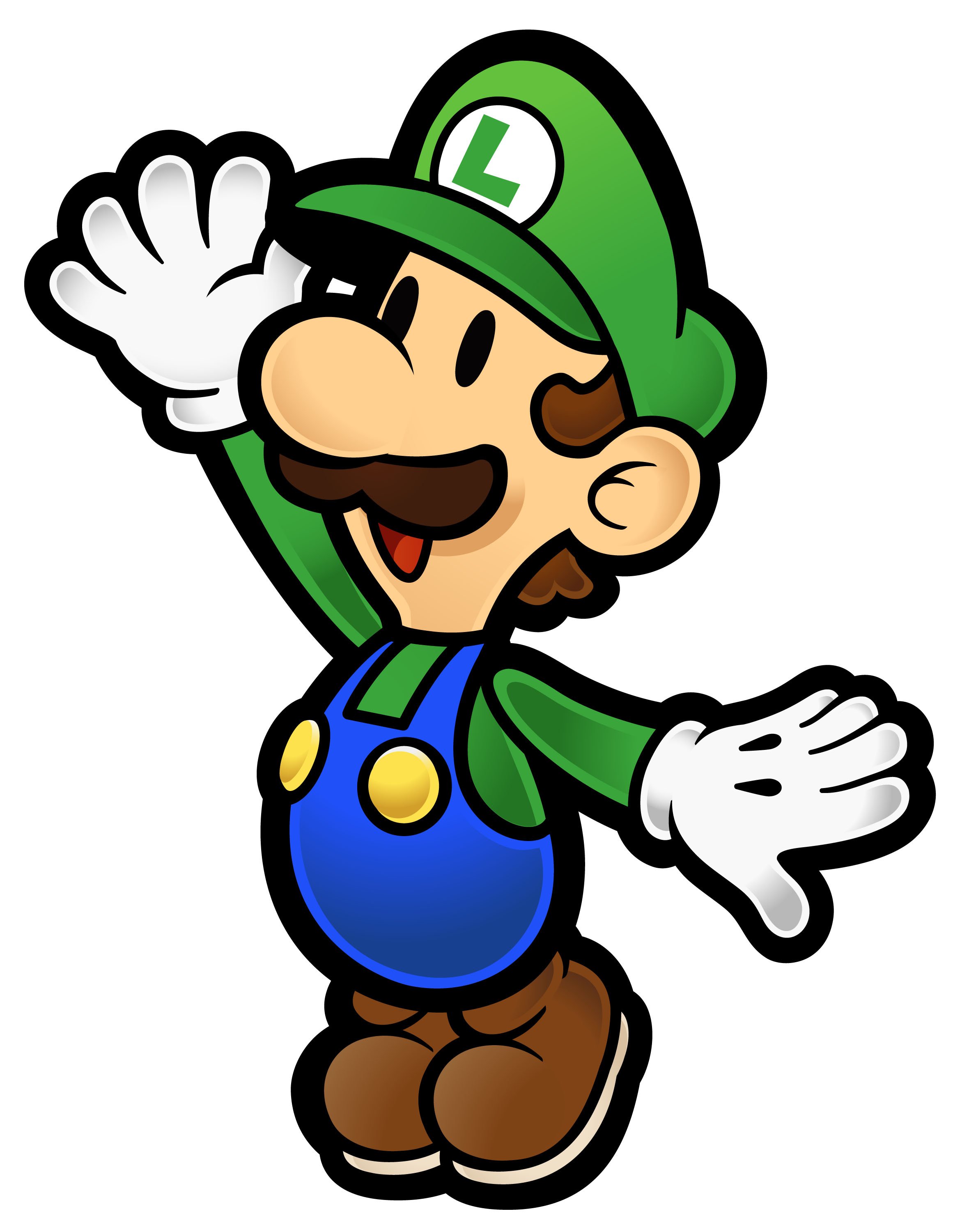
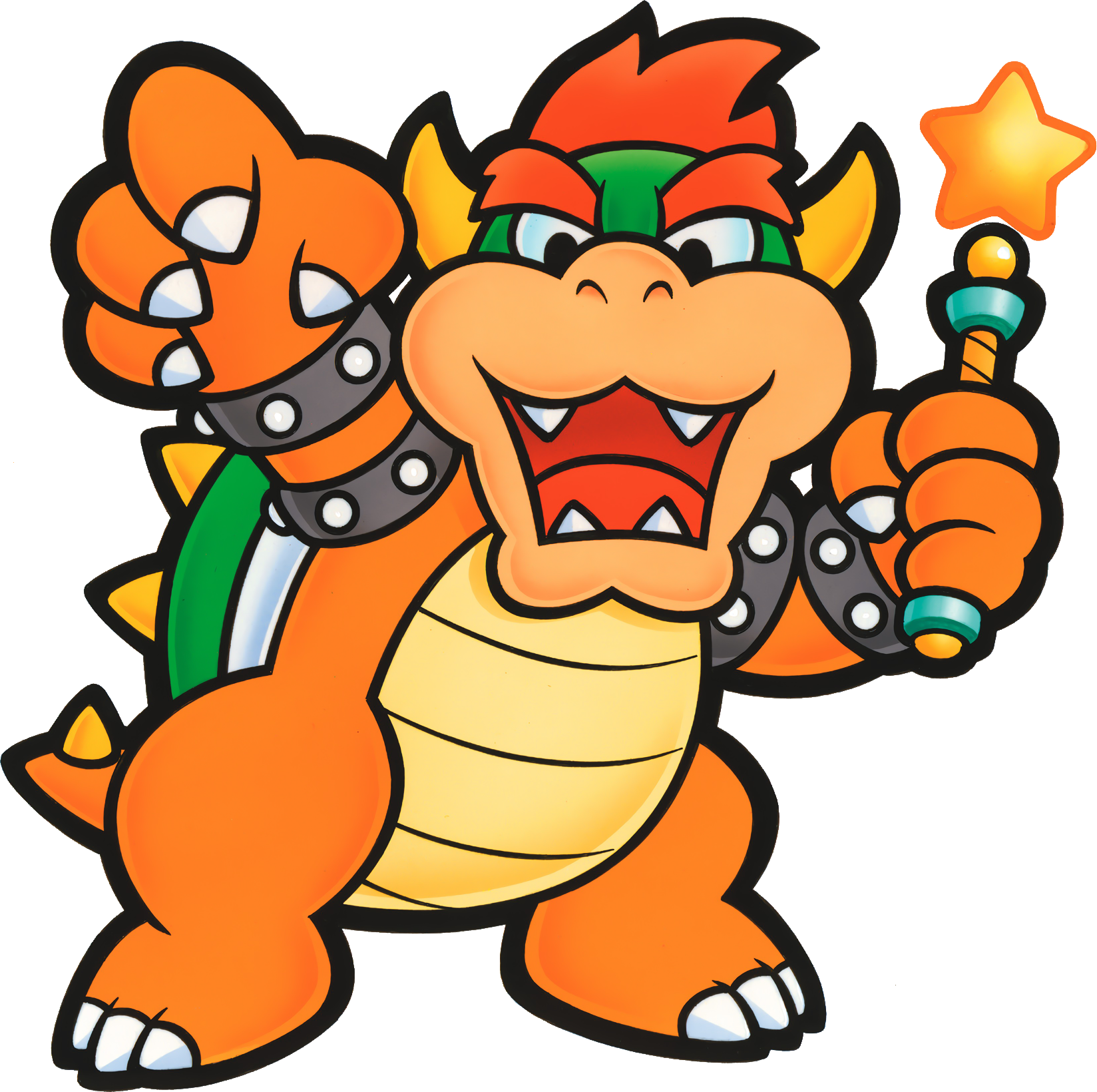
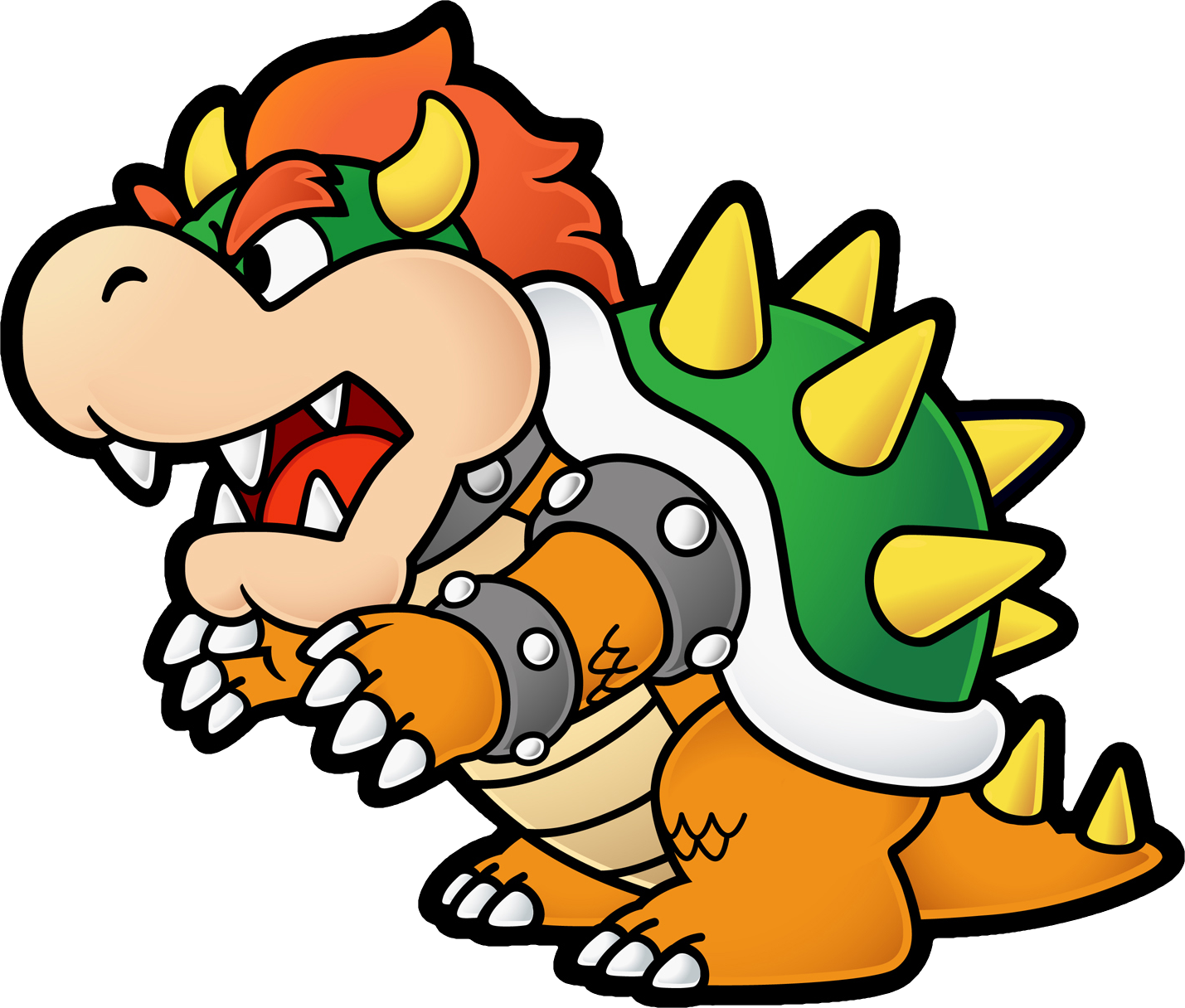
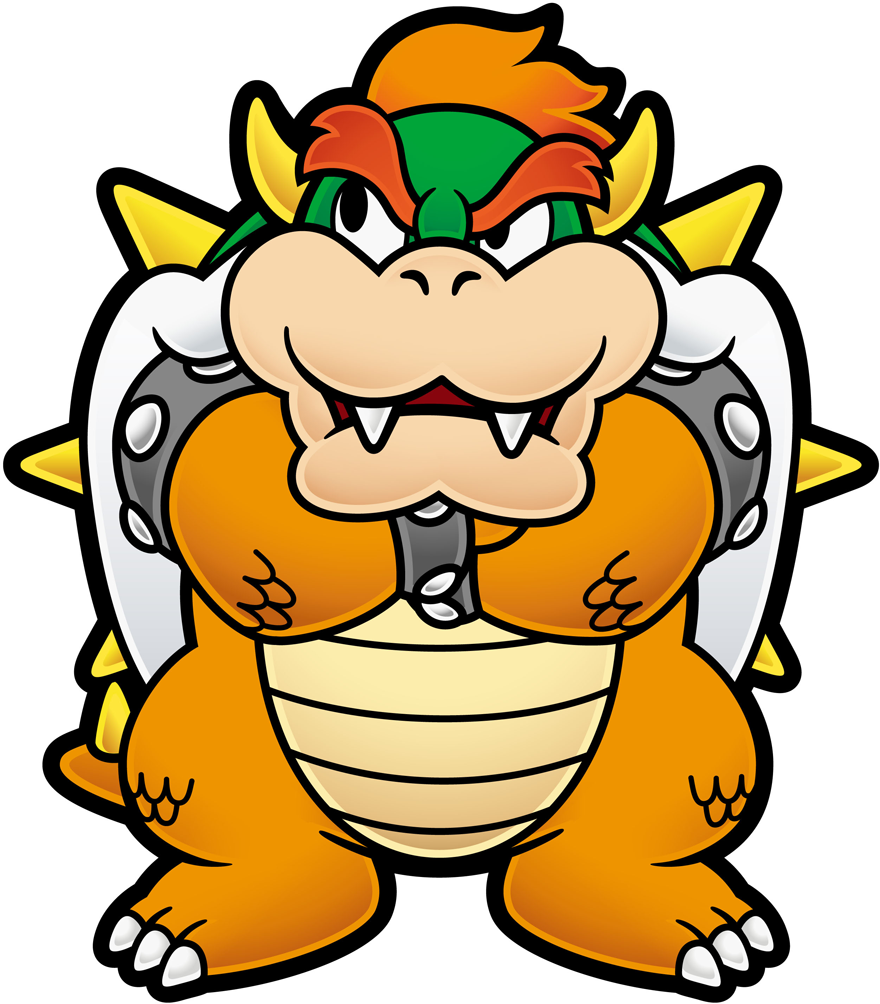
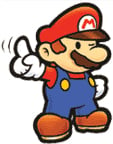
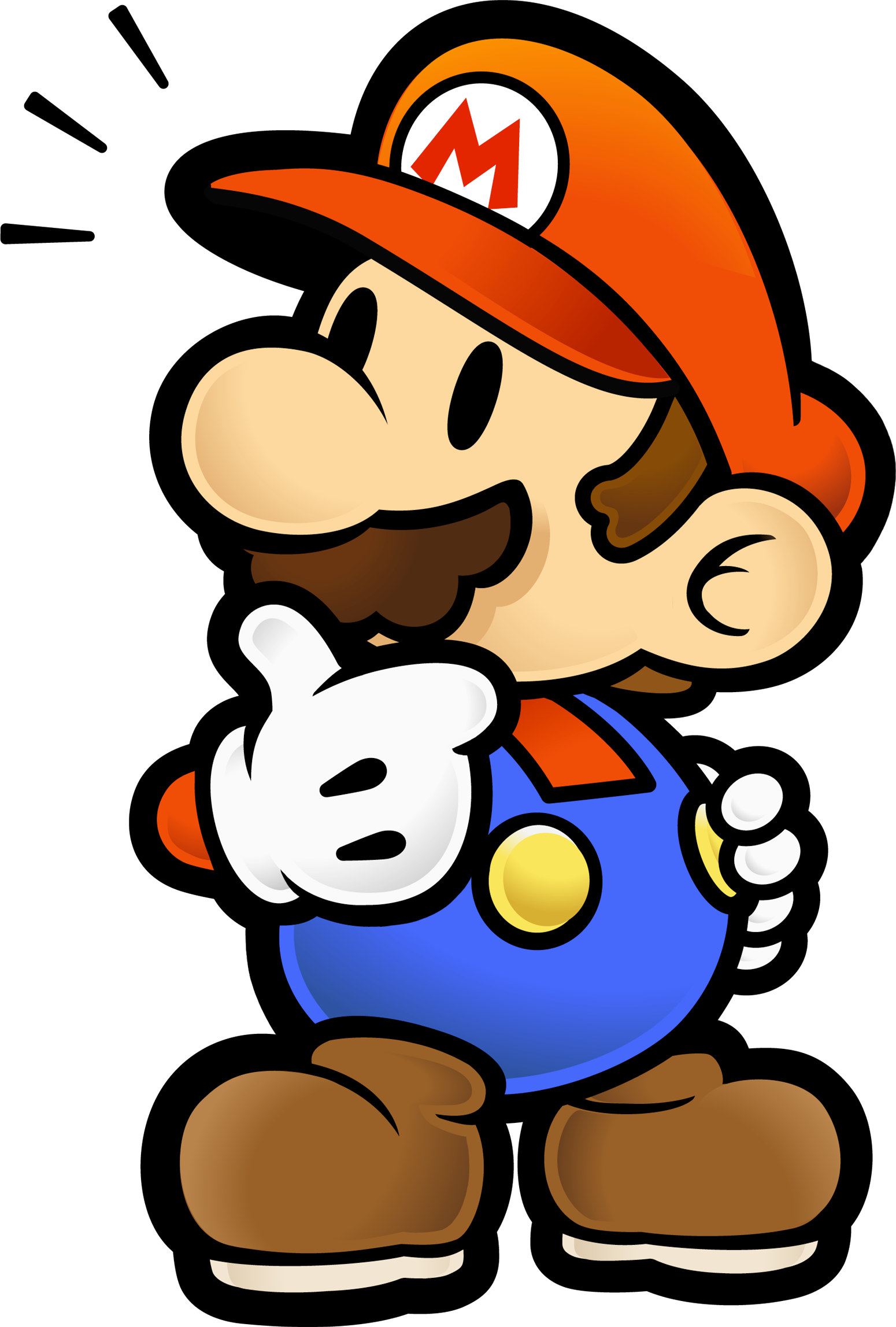
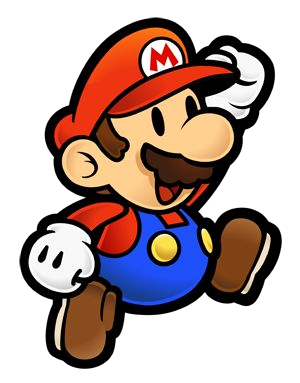
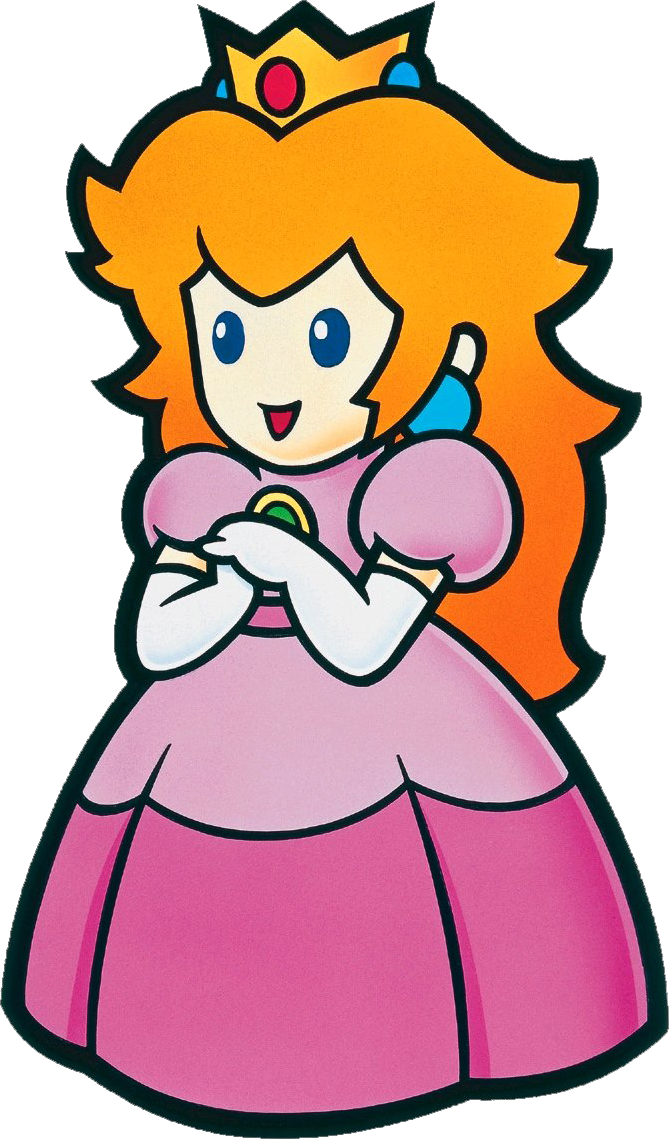
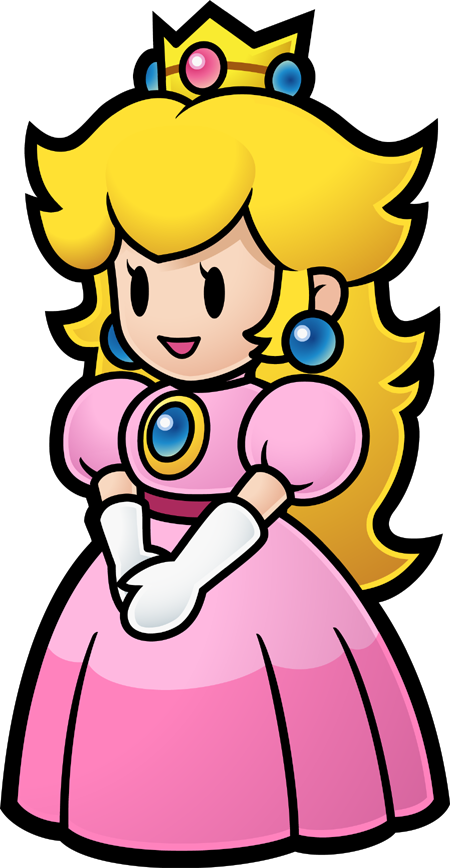
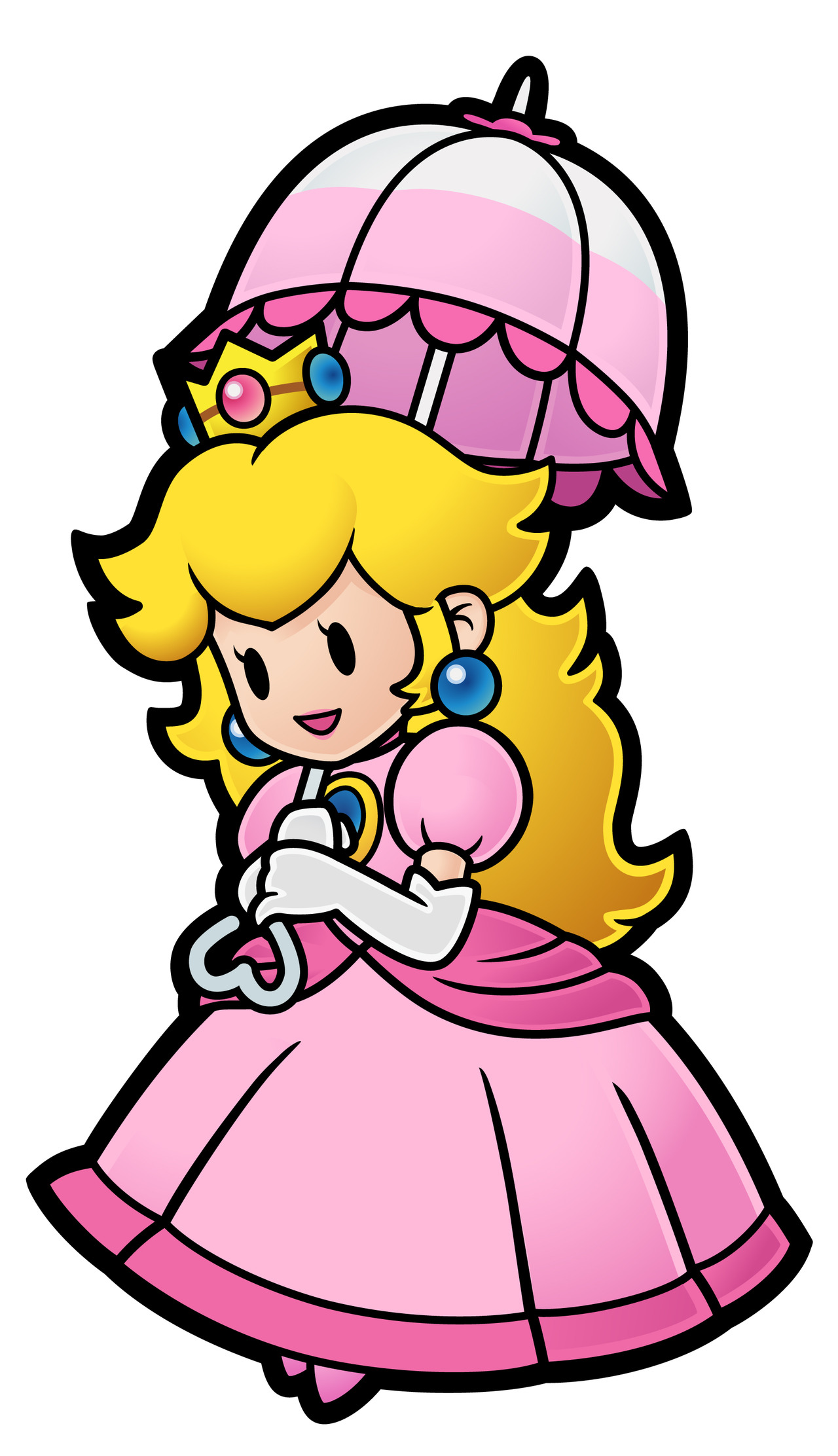
This is a really excellent writeup! How do you feel about how these portrayals carried through into the later Paper Mario Entries?
ReplyDelete